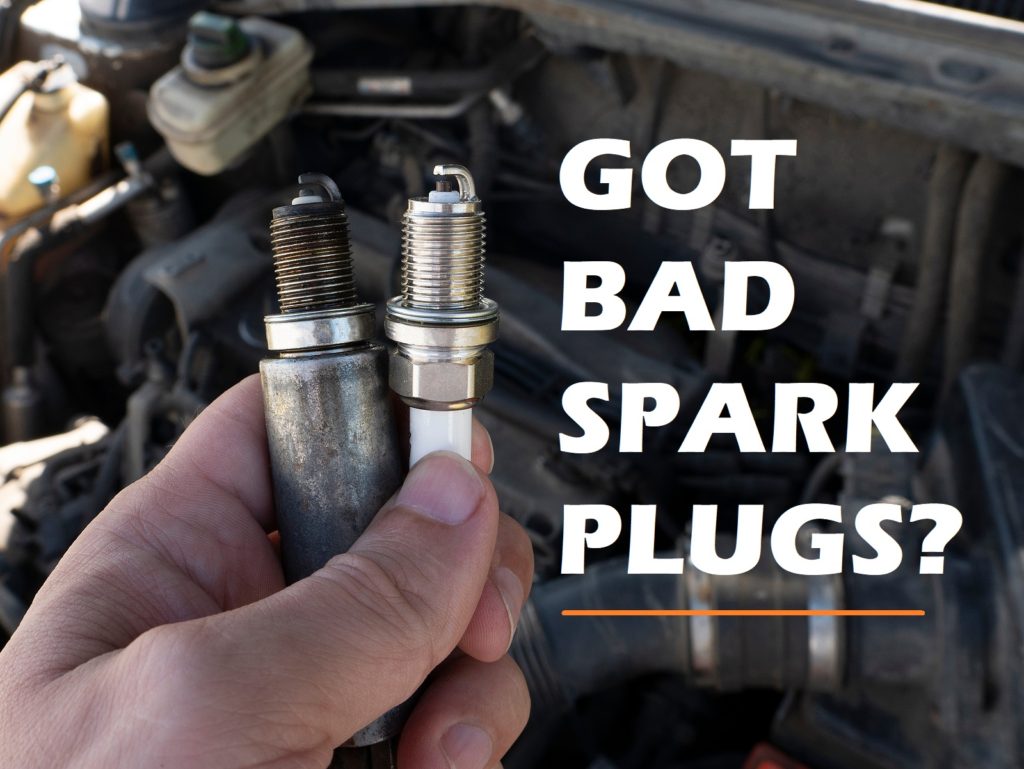Cars are meant to move in all sorts of ways, but shaking, vibrating, and bobbing are not considered normal in terms of conventional automotive performance. If your vehicle is showing any signs of odd movement like shaking, it is important to diagnose the problem and resolve the issue before any more damage results.
Continue reading to learn the top 5 reasons why your car might be shaking, plus where to get dealership level automotive service and repair at neighborhood prices.

Why Does Your Car Have the Shakes?
Car shaking and vibrating are not symptoms you should ever ignore. In most cases, such movements are indicative of a serious underlying mechanical problem. Other times, it can be something simple like uneven tire tread wear. Regardless of why your car is shaking, it is important that you take it into your local Indianapolis mechanic as soon as possible to diagnose and resolve the issue. The longer you wait to repair whatever it is causing your car to shake or vibrate, then the worse your vehicle’s condition will get. This means costlier and more invasive repairs.
Whether the vibrating and shaking are happening intermittently, or every single time you drive, you can help your mechanic diagnose the issue by recounting when the shaking takes place. Does your car shake when you’re in idle? Does it shake intermittently as you drive? Does your car shake when you start the vehicle but then stops shaking as you begin to drive? Do you hear any odd sounds when your car begins to shake? Have you been in an accident recently, even a minor one like running over a squirrel? This is all important information that your mechanic will need to know in order to efficiently diagnose the issue and facilitate the needed repair.
5 Common Causes for a Shaking Car
Although there are many reasons why a car might be shaking and vibrating, the top 5 reasons typically involve issues with the wheels, tires, engine, or steering and suspension system. These are the areas your mechanic will focus on first as they begin the process of deciphering the issues causing your car shakes.
Tires
As mentioned earlier, sometimes cars will begin shaking if they have low or uneven tire tread. Imbalanced tires can also cause cars to shake. You might just need routine tire service to correct the issue, such as rotation and alignment, tire inflation, or tire replacement.
Wheels
If you can feel the shaking beneath your feet coming up through the floorboards, particularly at higher speeds near 50 miles an hour, the wheels could be to blame. A routine wheel balance should set you straight. However, it could be due to loosen lug nuts or broken wheel bearings, which are both easy and inexpensive to repair.
Steering and Suspension
Your steering and suspension system are responsible for keeping your car steady as you drive over rough terrain. If something is mechanically off within your steering and suspension, such as a bent axle, damaged CV joint, or faulty driveshaft, your car may begin to bounce or bobble as you drive when you reach higher speeds. Although much different from shaking and vibrating, this is still a problem that needs immediate attention.
Engine
If your car begins to shake when you are stopped in idle, it is likely due to mechanical issues within the engine. In most cases, spark plug replacement is the solution. Other than spark plugs, car shaking could be caused from dirty or clogged air filters, loose motor mounts, or disconnected spark plug wires.
Brakes
Car shaking can also present itself when the car brakes are engaged. If your car begins to shake or vibrate when you press down on the brake pedal, the issue could likely be due to worn-out brake pads or warped brake rotors. If you smell a burning order when you hit the brakes, you could have a brake caliper that’s stuck. All of these issues can be resolved with the help of a licensed mechanic.
Are you looking for a qualified automotive repair shop in Indy to resolve your car shaking issue at an affordable price? Northeast Auto Service at 317-475-1846 for superior, ASE licensed auto repair and service in Indianapolis, Indiana. We service all make and model vehicles.
Related Posts:
How to Detect Automotive Failure With Your Ears
Strange Car Smells and What They Might Mean
Have Your Car Suspension Inspected If These Facts are True About You


